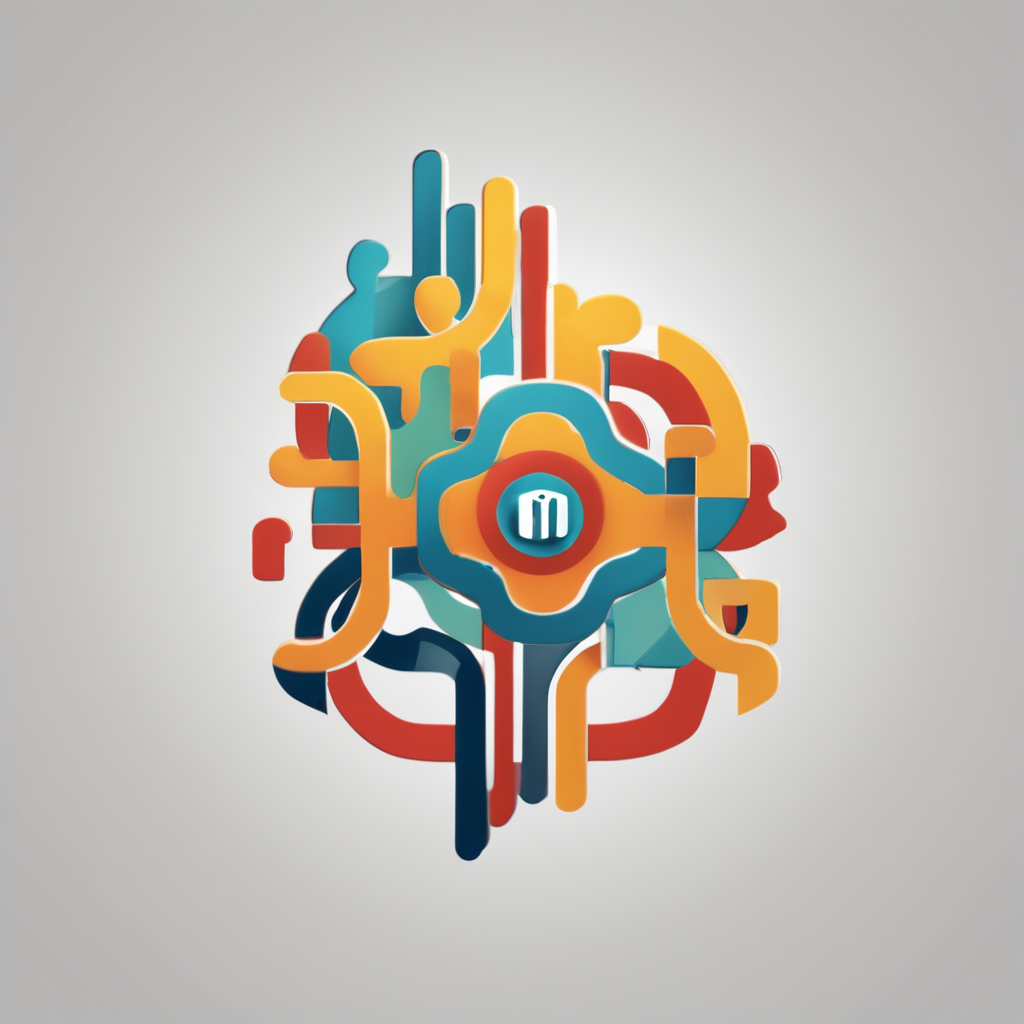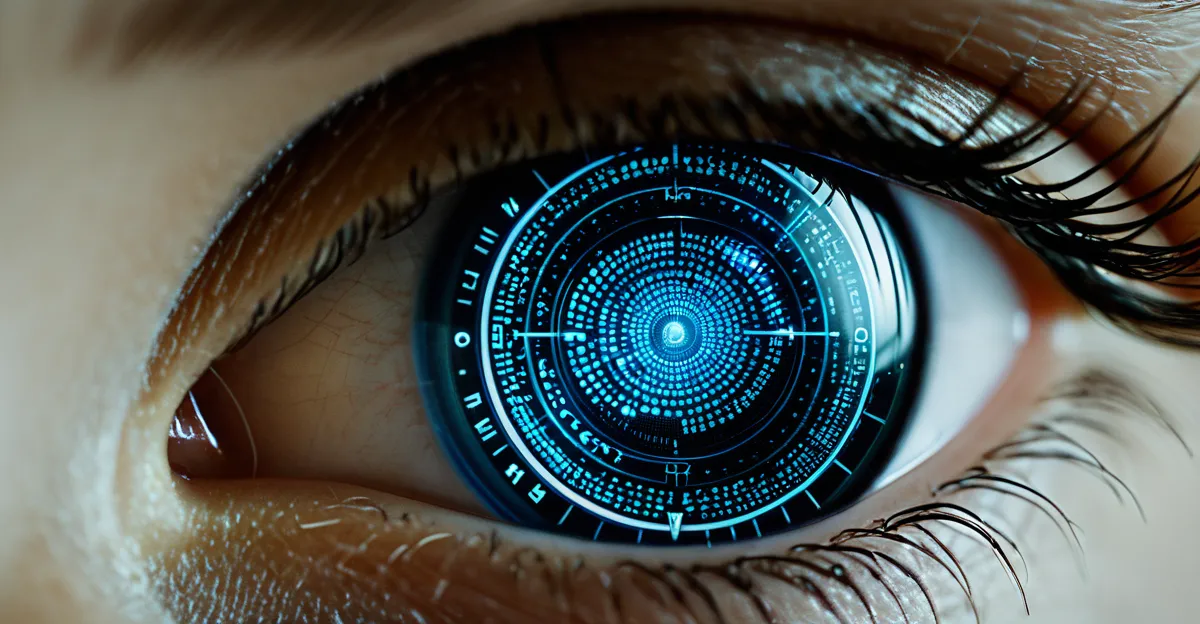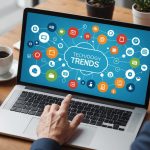Immediate Impacts of Emerging Technologies on Daily Routines
Emerging technologies are reshaping daily life in subtle yet powerful ways. Artificial intelligence (AI), for instance, automates routine tasks through smart assistants and personalized recommendations. These advancements help users manage schedules, control home devices, and even optimize health routines. The integration of Internet of Things (IoT) devices connects household appliances, lighting, and security systems, allowing seamless remote control via smartphones. This connectivity enhances convenience, saving time and energy in daily management.
Blockchain technology also leaves its mark by securing digital transactions and personal data, increasing trust in online activities. While it’s often associated with finance, blockchain’s impact on daily life grows as it supports secure identity verification and supply chain transparency.
Topic to read : What Are the Impacts of Internet Regulations on UK Businesses?
Communication has evolved too, with AI-powered chatbots facilitating customer service and real-time language translation breaking down barriers. Tasks like shopping, bill payments, and grocery lists now rely heavily on smart apps, promoting efficiency.
Together, these technological advancements bring immediate benefits: reducing manual effort, improving safety, and creating personalized experiences. Their impact is felt in homes, workplaces, and social interactions, marking the shift toward a smarter, more connected existence.
Also read : How Are Emerging Technologies Shaping the Future of Internet Security?
Transformations in Work and Professional Environments
The future of work is being reshaped rapidly by automation and digital workplaces. Automation technologies are streamlining repetitive tasks, allowing professionals to focus on more complex responsibilities. This shift reduces routine workload and boosts productivity, but it also demands significant adaptation in job roles.
Digital workplaces enable seamless remote collaboration, breaking traditional office boundaries. Tools like virtual meeting platforms and cloud-based applications facilitate communication and project management, making teamwork more flexible and efficient. These changes influence how teams interact and achieve goals.
With new professional tools emerging constantly, upskilling becomes essential. Employees must develop digital literacy and familiarity with automation software to thrive. Organizations encourage continuous learning to help staff adapt, preserving employability in an evolving job market.
By embracing automation and digital workplaces, companies can drive innovation and maintain competitive advantage. Yet, this transformation requires balancing technology integration with human skills development. Understanding these dynamics prepares professionals to navigate and excel in the changing landscape of work.
Healthcare Innovations Shaping Everyday Experiences
Transforming patient care and daily wellness
Healthcare technology advances now significantly improve access to medical services. Telemedicine enables patients to consult doctors remotely, reducing travel time and wait periods. This convenience especially benefits those in rural or underserved areas. Health monitoring devices, such as wearable trackers, continuously collect vital signs, allowing early detection of abnormalities.
Telemedicine solutions integrate real-time video calls, secure messaging, and remote diagnostics. This combination ensures accurate assessments without physical visits unless essential. Patients can maintain regular contact with their care teams, promoting timely interventions and reducing hospital admissions.
Artificial Intelligence (AI) and big data play pivotal roles in personalized medicine. AI algorithms analyze extensive health records and genetic information to tailor treatments uniquely suited to each individual. This targeted approach increases treatment efficacy while minimizing adverse effects.
Patient engagement improves as these innovations empower individuals to manage their health proactively. Through apps and devices, people track medication adherence, physical activity, and symptoms, fostering a collaborative relationship with healthcare providers.
In summary, healthcare technology, telemedicine, and personalized medicine converge to enhance diagnostics, treatment, and patient autonomy, reshaping how healthcare integrates into daily life.
Changing Educational Methods and Learning Opportunities
The rise of Edtech has transformed traditional classrooms with digital learning platforms that tailor educational content through AI-driven personalization. These innovations enable students to learn at their own pace, adapting to individual strengths and weaknesses. Personalized education powered by artificial intelligence helps optimize learning outcomes by providing timely feedback and customized lessons.
Online education has also broadened access to knowledge, making learning more flexible and inclusive. Remote courses allow students worldwide to pursue degrees and certifications without geographical constraints. This accessibility supports lifelong learning, enabling professionals and learners of all ages to acquire new skills continuously.
However, this shift highlights challenges such as the digital divide. Not all students have equal access to devices or reliable internet connections, which can deepen educational inequities. Addressing these disparities is crucial to ensure that Edtech fulfills its promise of expanding learning opportunities evenly. Initiatives focusing on affordable technology and improved infrastructure are essential steps toward equitable digital learning environments.
In summary, digital learning and online education are reshaping how we acquire knowledge. While offering unprecedented opportunities, expanding access and inclusivity remains a key priority to maximize the benefits of Edtech for all learners.
Societal, Ethical, and Lifestyle Considerations
Technology ethics plays a vital role as digital devices become deeply embedded in daily life. The widespread collection of data raises profound questions about digital privacy. How is personal information safeguarded? Who controls and benefits from the data? These concerns demand rigorous ethical standards to ensure that technology empowers users rather than exploits them.
The social impact of technology adoption also reveals significant economic disparities. Access to advanced digital tools often correlates with socioeconomic status, risking a digital divide where marginalized groups may fall further behind. This gap can affect education, employment, and healthcare opportunities, pressing society to create inclusive solutions that bridge technological inequality.
Emerging technology reshapes personal identity and social interactions. Constant connectivity influences how we relate to others and enjoy leisure time. While social media platforms foster global connections, they also challenge face-to-face engagement and privacy boundaries. Reflecting on these lifestyle shifts inspires more thoughtful technology design that balances convenience with meaningful human experiences.







